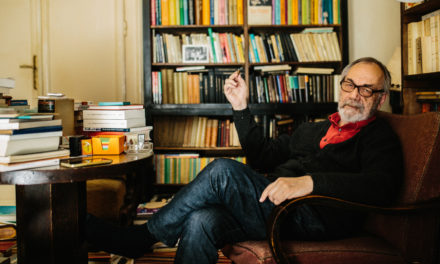The absurdity of the situation: in connection with the interpretation of a rubber concept, a principled impartial institution makes a political decision about the future of hundreds of millions of European citizens without consulting them.
On February 16 this year, the Court of Justice of the European Union will take a stand in the political-philosophical (!) debate surrounding the problem of the rule of law in the European Union.
Koen Lenaerts, the President of the European Court of Justice, recently admitted in an interview that the body should not decide on the specific case, but on the future of European integration. Let's translate the above statement of facts so that the absurdity of the situation becomes more understandable: in connection with the interpretation of a rubber concept, a principled impartial institution makes a political decision about the future of hundreds of millions of European citizens without consulting them. And to make the whole thing even more frivolous: the European Court also knows that its pre-written judgment is just a fig leaf in the blackmail, as a result of which the left wants to create a dictatorship in Europe again. After the National Socialist and Communist dictatorships, the dictatorship of woke progress is now threatening.
Hannah Arendt pointed out that human rights are worth as much as a given political community and institutional system can guarantee them. Moving away from philosophy a little, and closer to life, let us propose a generally applicable definition of t. to the attention of the court: a state of law is one that can enforce its laws on every square centimeter of its territory, thus guaranteeing the rights of its citizens.
Based on practicality, it is therefore worth including in the indicators of the rule of law the questions of Western European mosques and the LGBTQ community, as well as the rights of women accepted in Europe, or the problem of the primacy of Sharia versus secular laws. Let them investigate: can Jews walk freely and safely anywhere in Lajta in a kippah, or women in miniskirts? Can they guarantee the parents' right to make decisions about their child's upbringing? Do they ensure freedom of speech and opinion?
We still have a few questions that are not ideologically conceived, but stem from everyday experience.
And this is what will decide the future of Europe.












